After Skool Channel
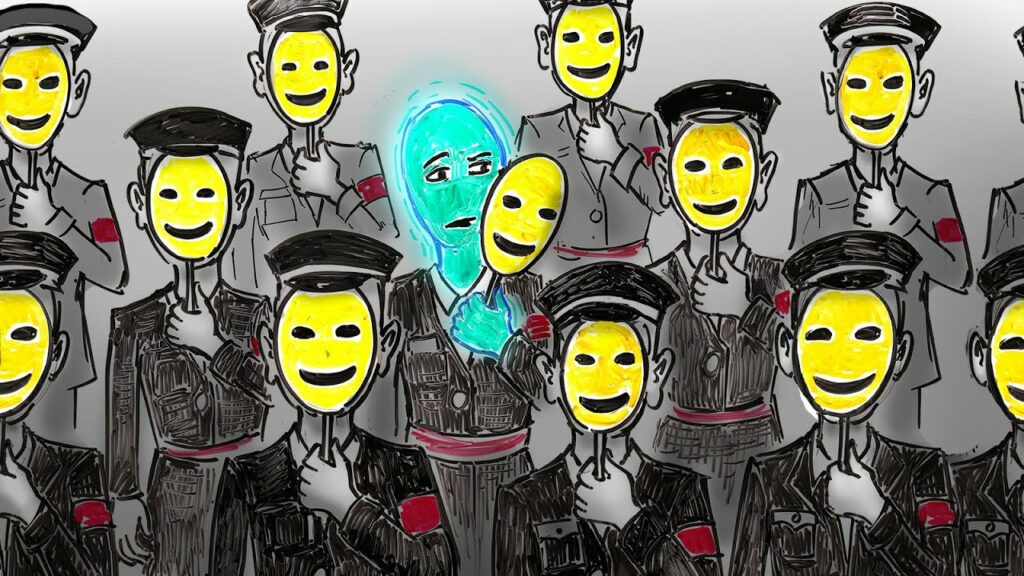
Exploring Wisdom Through Art: The After Skool YouTube Channel Insights and Inspirations from Leading Authors Introduction The After Skool YouTube channel is a treasure trove of insightful content presented in a unique and engaging format. Using drawing art to illustrate complex ideas, this channel covers a wide array of topics ranging from philosophy and science […]
The Higher Self Podcast – Danny Morel
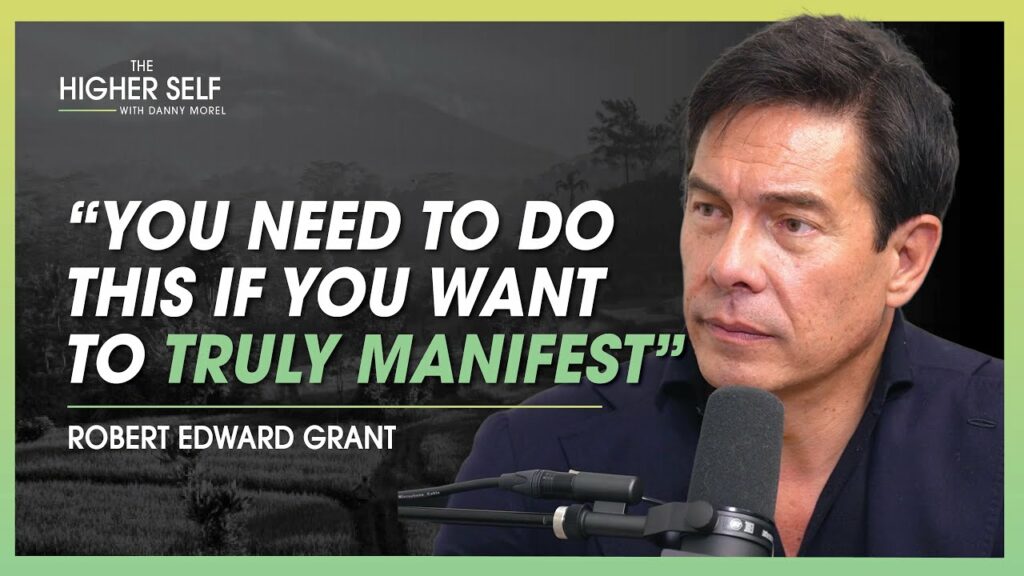
Unveiling the Higher Self with Danny Morel A Journey of Self-Discovery and Transformation Danny Morel’s The Higher Self Podcast has become a beacon for those seeking deeper understanding and connection with their true selves. Morel, a renowned transformational coach and speaker, has created a platform where spirituality, personal growth, and enlightenment are explored in profound […]
Jesus Christ: The Truth That Has Been Hidden for Centuries – Aaron Abke & Danny Morel
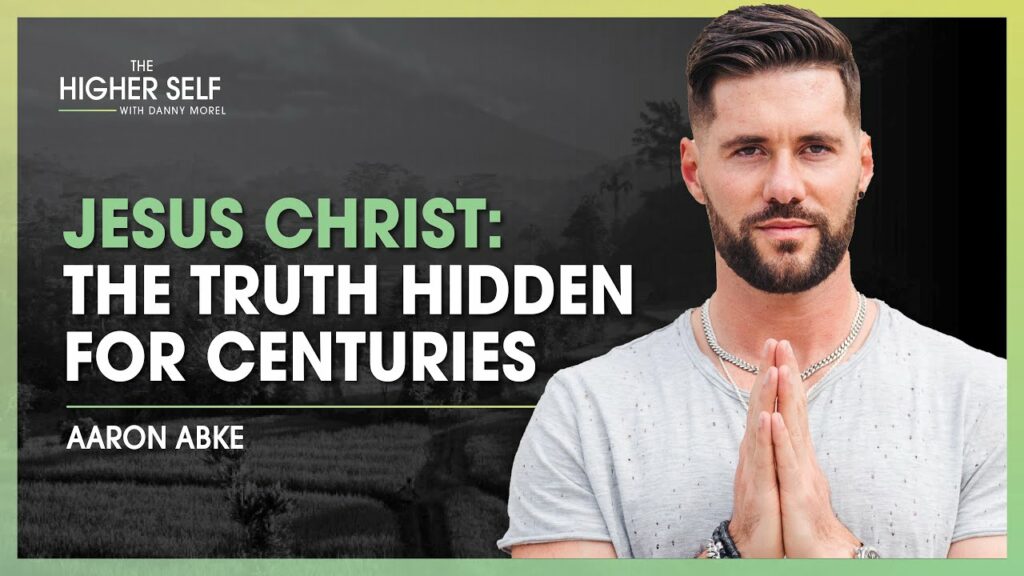
Rediscovering Divinity: The Hidden Truths of Jesus Christ Aaron Abke and Danny Morel’s Insights on Heart-Mind Coherence In a thought-provoking conversation on The Higher Self Podcast, hosted by Danny Morel, Aaron Abke explores the profound teachings of Jesus Christ. This discussion delves into heart-mind coherence, the evolution of consciousness, and the divine nature of humanity, […]
The #1 Manifestation Block – Aaron Abke
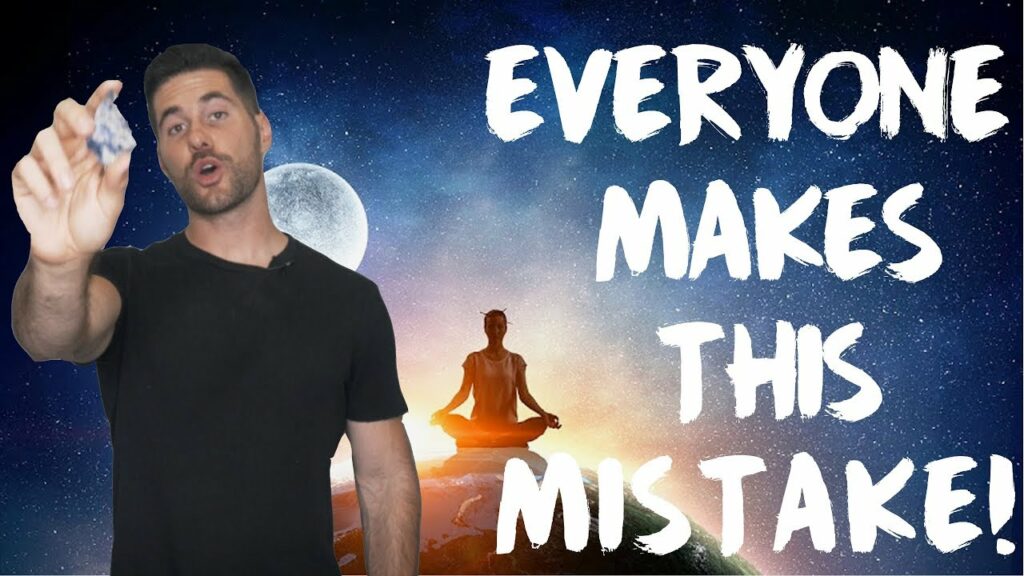
The Core Belief Block: Unveiling the True Power of the Law of Attraction Understanding the Hidden Mechanism Behind Manifestation Hey guys, welcome back to the Law of Attraction Epilogue series, episode 9. In this video, Aaron Abke clarifies the biggest misunderstanding about the Law of Attraction and why it becomes the greatest block to manifestation […]
Law of Attraction with Aaron Abke – The Mindful Heart Podcast
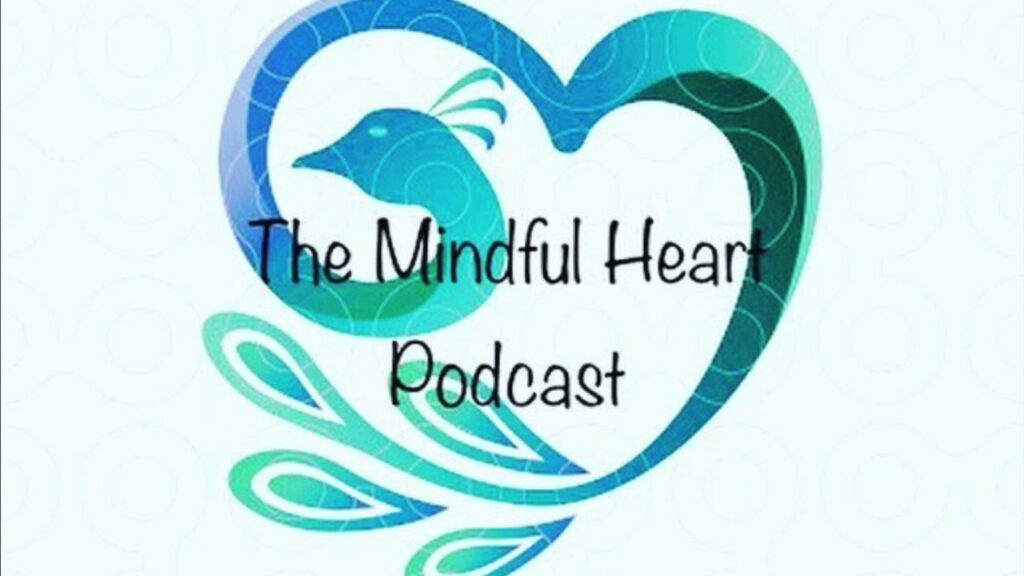
Law of Attraction and Spiritual Awakening: A Conversation with Aaron Abke By Randy Cicada and Aaron Abke Welcome friends to The Mindful Heart Podcast. Hosted by Randy Cicada, this podcast aims to expand your consciousness, raise your vibrations, and assist you on your spiritual and wellness journey. With tools, guides, and encouragement from various guests, […]
Effort Doesn’t Work Anymore – The Big One – Kyle Cease & Aaron Abke
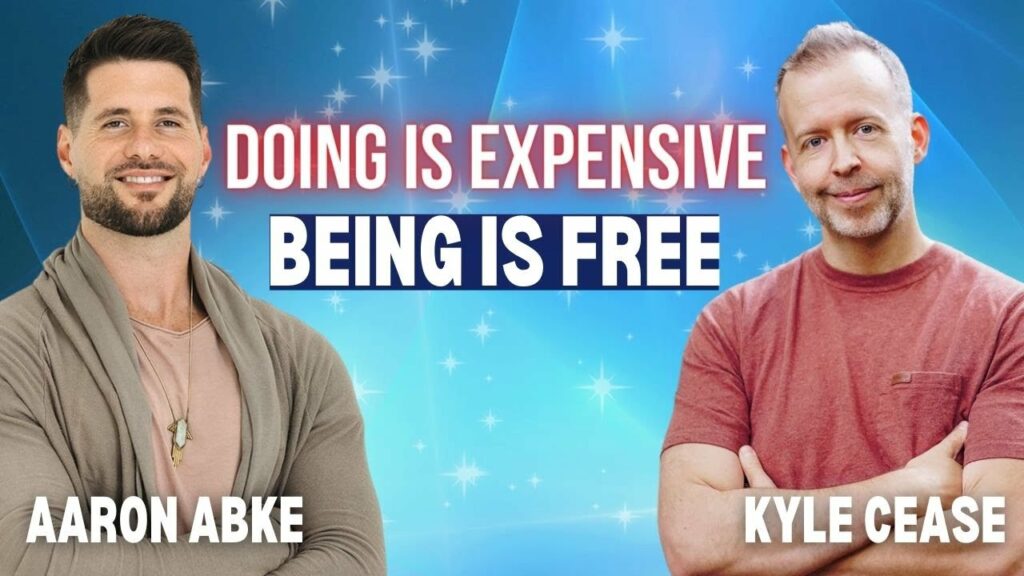
Effort vs. Being: Embracing a Higher Consciousness for Effortless Success How Letting Go Can Lead to Greater Freedom, Creativity, and Abundance In a recent conversation, friends Kyle Cease and Aaron Abke explored a profound shift from achieving through effort to embracing a state of being. Their discussion sheds light on how higher consciousness and a […]
The No. 1 Emotion That Blocks Manifestation – Dr. James Doty & Lewis Howes
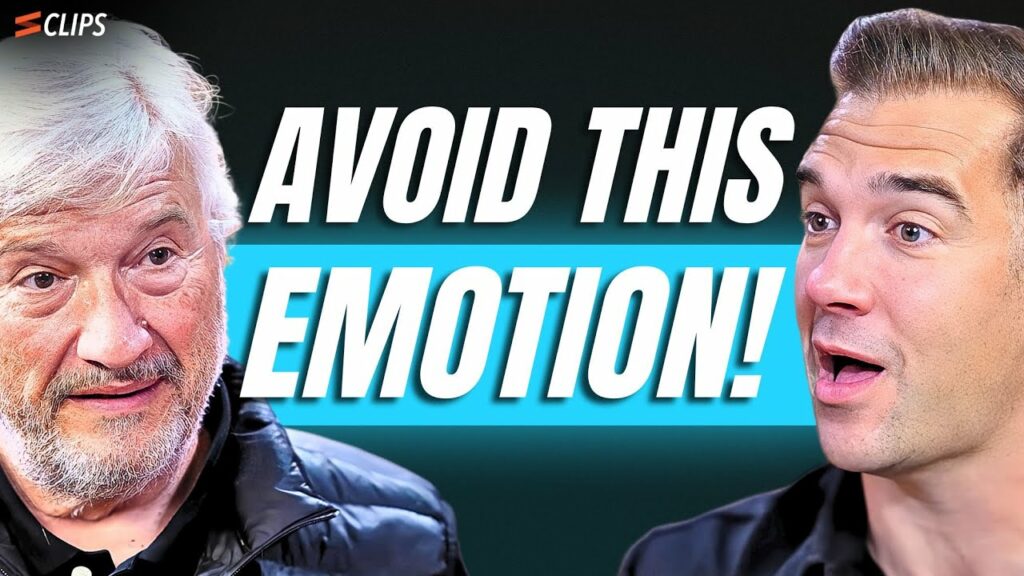
The Key to Manifestation: Overcoming Fear and Embracing Love Understanding the Emotional Blocks to Manifestation and How to Overcome Them In the pursuit of manifesting our desires and achieving our goals, one emotion stands out as the most significant blocker: fear. Dr. James Doty, in his insightful discussion, identifies fear—particularly in the forms of insecurity […]
Kyle Cease – You’re Only Manipulating Yourself

Embracing Inner Transformation: Kyle Cease on Letting Go of External Validation 😎 *This Video Is A Personal Favorite! Breaking Free from the Illusion of Perfectionism In a thought-provoking session, Kyle Cease emphasizes the profound impact of internal research and self-reflection over the pursuit of external validation. His message challenges conventional approaches to personal development, urging […]
Dispenza & Howes On LOVE & Relationships – DO THIS TO FIND LOVE
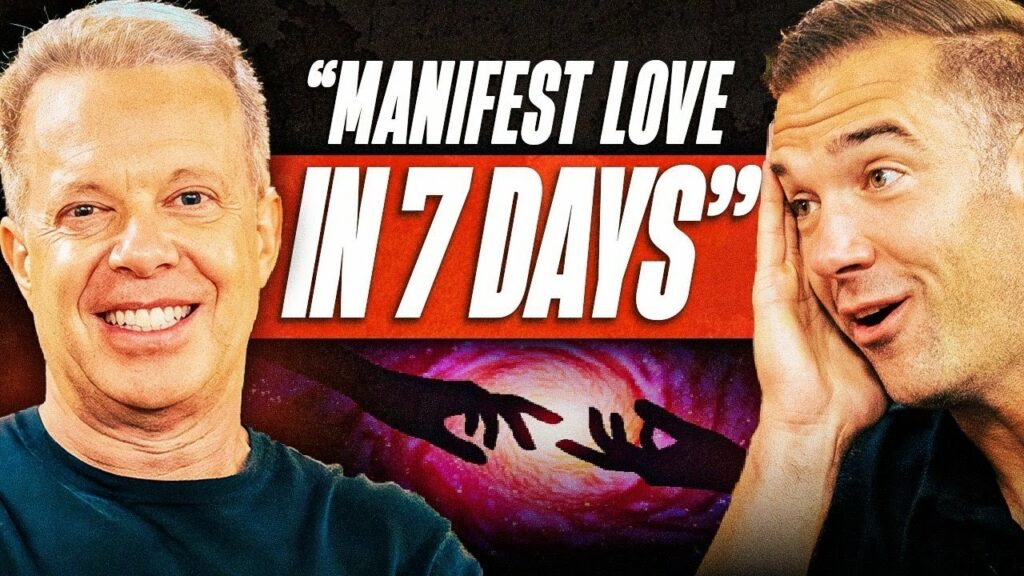
Dr. Joe Dispenza on Finding Love & Building Relationships Transformation for Love In order for us to find love, a part of us must die. This might sound dramatic, but Dr. Joe Dispenza explains that anything within us that is not love must be transformed. The difference between knowing the path to love and walking […]
How to Understand Your Own Thoughts: A conversation with Kristina Furia

How to Understand Your Own Thoughts Introduction to Metacognition Metacognition is the practice of noticing your thoughts on an ongoing basis. As you go through your day, you may find yourself engaging in habitual ways of thinking and functioning, often operating on autopilot. This practice helps break that cycle, fostering self-awareness and intentionality in your […]
Become a Self-Healer and Break Free of Emotional Cycles – LePera & Howes
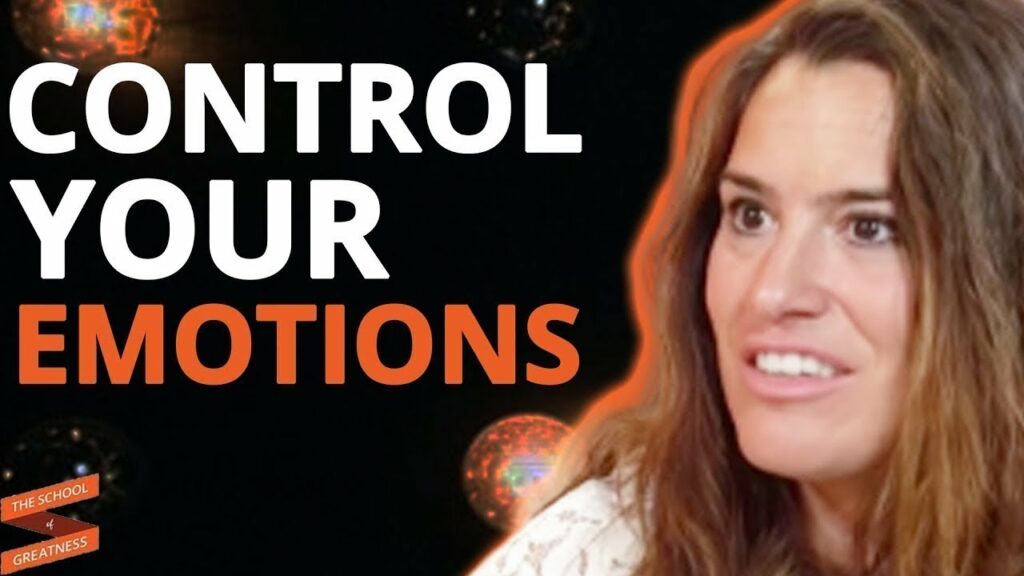
Become a Self-Healer and Break Free of Emotional Cycles In a recent episode of the School of Greatness podcast, Lewis Howes sat down with Dr. Nicole LePera to discuss the transformative journey of becoming a self-healer. Dr. LePera, a psychologist and author, shared insights on how individuals can break free from emotional cycles and limiting […]
The Prison Of Your Mind – Sean Stephenson – TEDx

The Prison of Your Mind: Lessons in Self-Empowerment from Sean Stephenson Empowerment Over Predictions Sean Stephenson, in his powerful TEDx talk at Ironwood State Prison, emphasizes the critical importance of rejecting disempowering predictions. Born with a severe condition, doctors told his parents he wouldn’t survive 24 hours. Yet, 35 years later, Stephenson stands as a […]
PSYCHOLOGIST Reveals: How to HEAL Your LIFE – Dr. Nicole LePera & Lewis Howes

Dr. Nicole LePera Shares Transformative Insights In a revealing discussion, Dr. Nicole LePera delves into the intricacies of healing one’s life. Her insights cover a range of topics from self-love to trauma bonding, offering a holistic approach to mental and emotional well-being. Shop Dr. Nicole LePera On Amazon Transform Your Life: Dr. Nicole LePera’s Guide […]
Joe Rogan Experience #1368 – Edward Snowden

The Joe Rogan Experience #1368: A Conversation with Edward Snowden Life in Exile In his conversation with Joe Rogan, Edward Snowden delves into his life since leaving the United States. Snowden has spent his time giving speeches at universities and conducting interviews, all while maintaining a high level of privacy. His commitment to educating the […]
Ten Percent Happier Podcast With Dan Harris
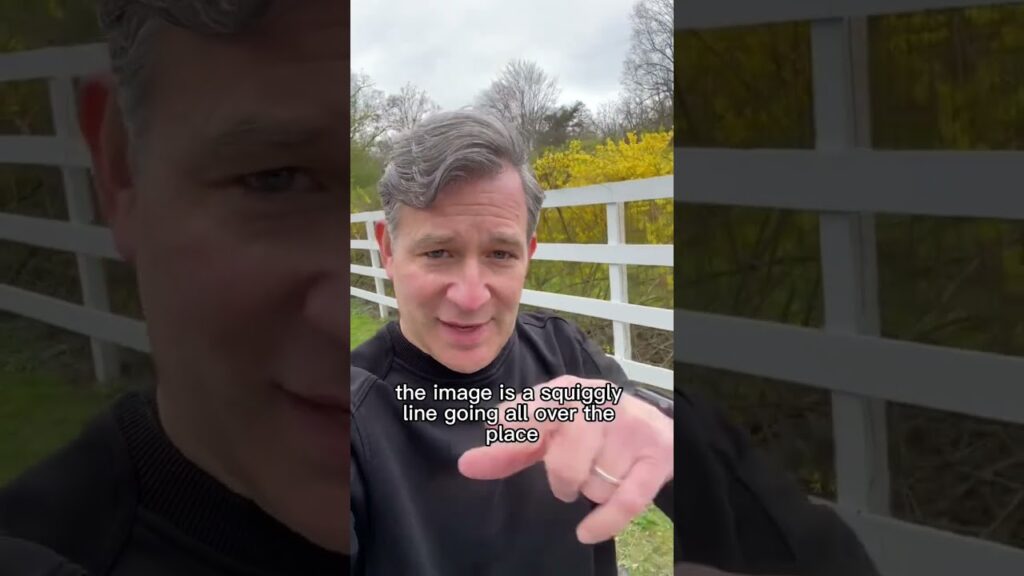
Exploring Mindfulness and Happiness: The Ten Percent Happier Podcast with Dan Harris Introduction: A Journey into Mindfulness In the fast-paced world of today, finding moments of peace and clarity can be challenging. The Ten Percent Happier podcast, hosted by former ABC News anchor Dan Harris, offers a beacon of hope for those seeking to improve […]
